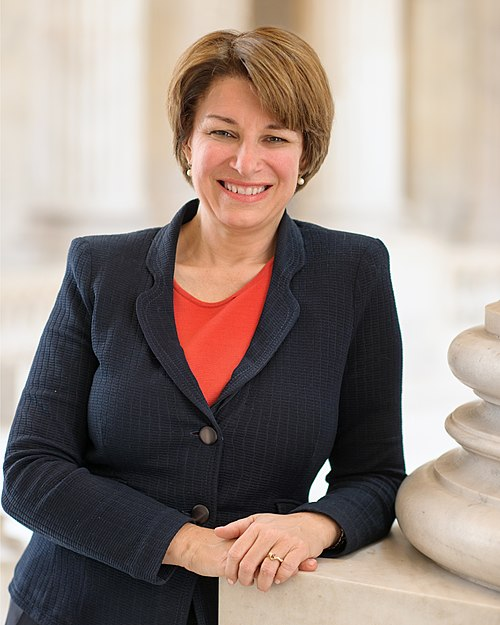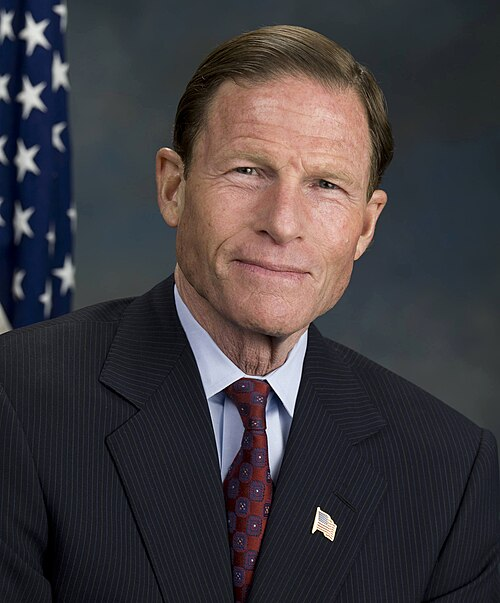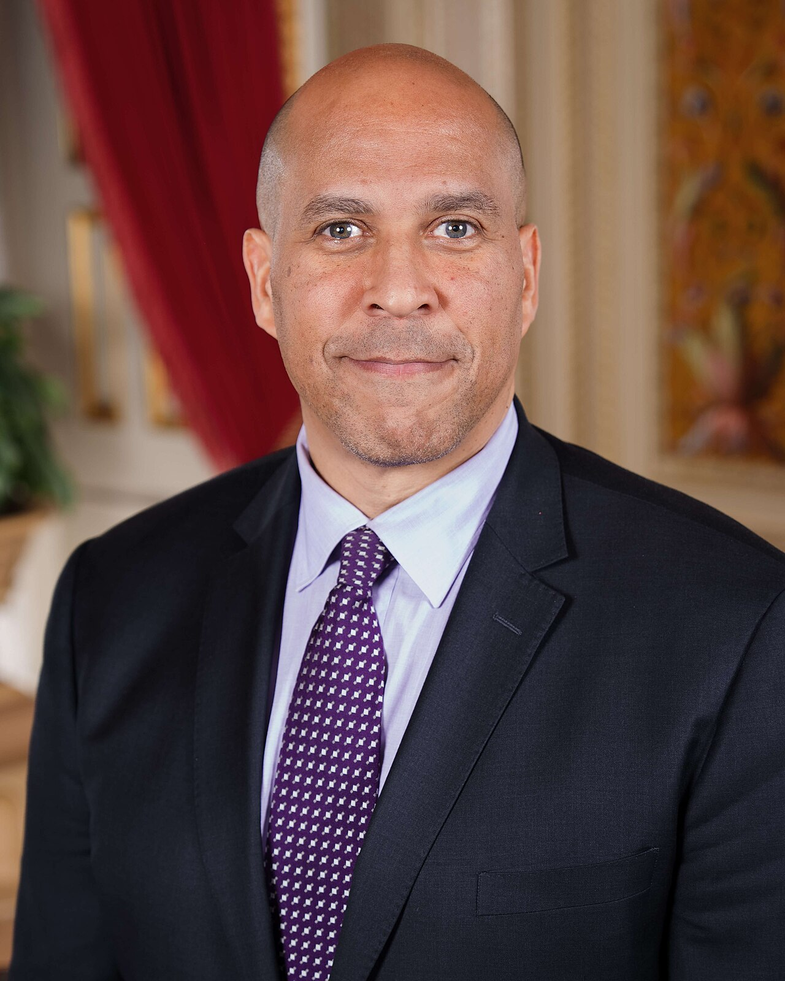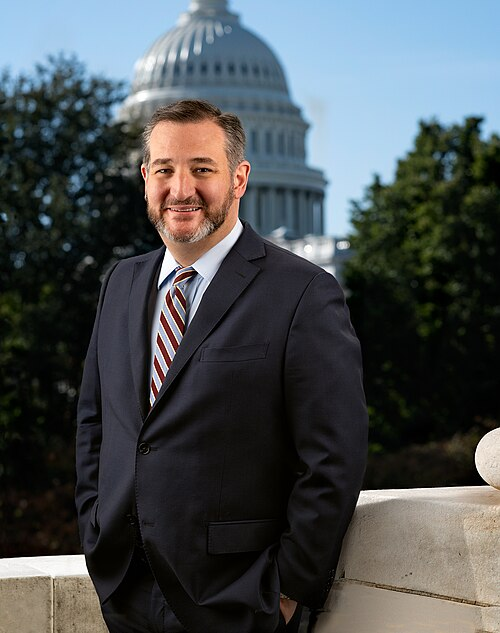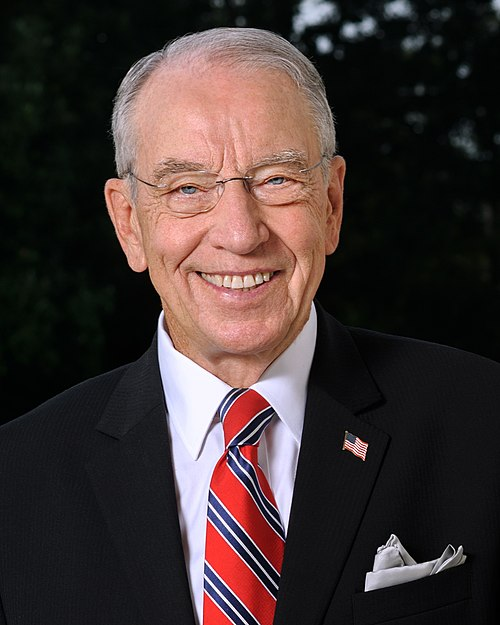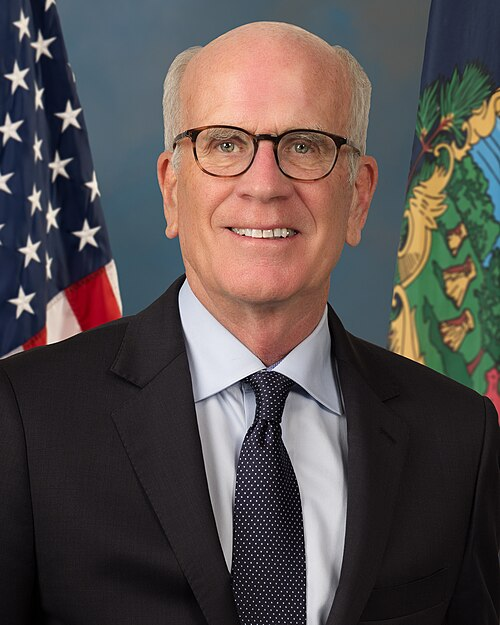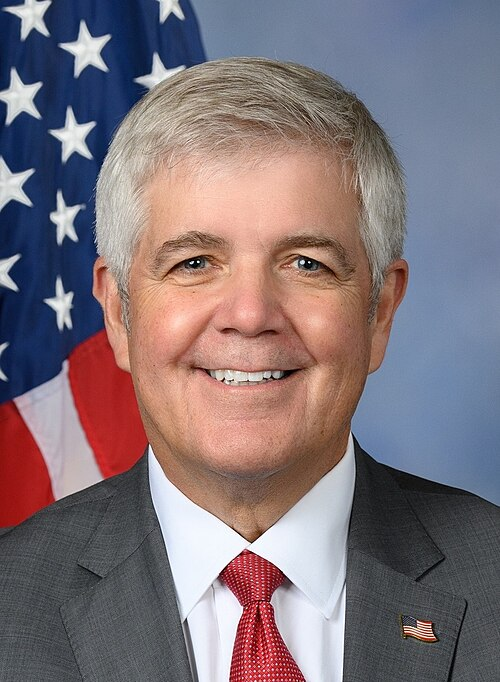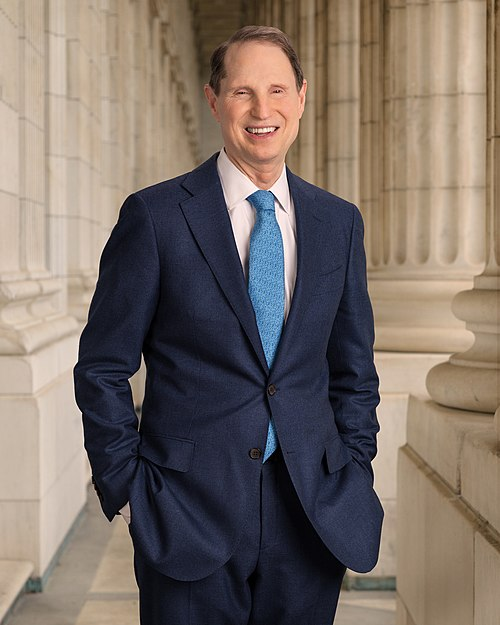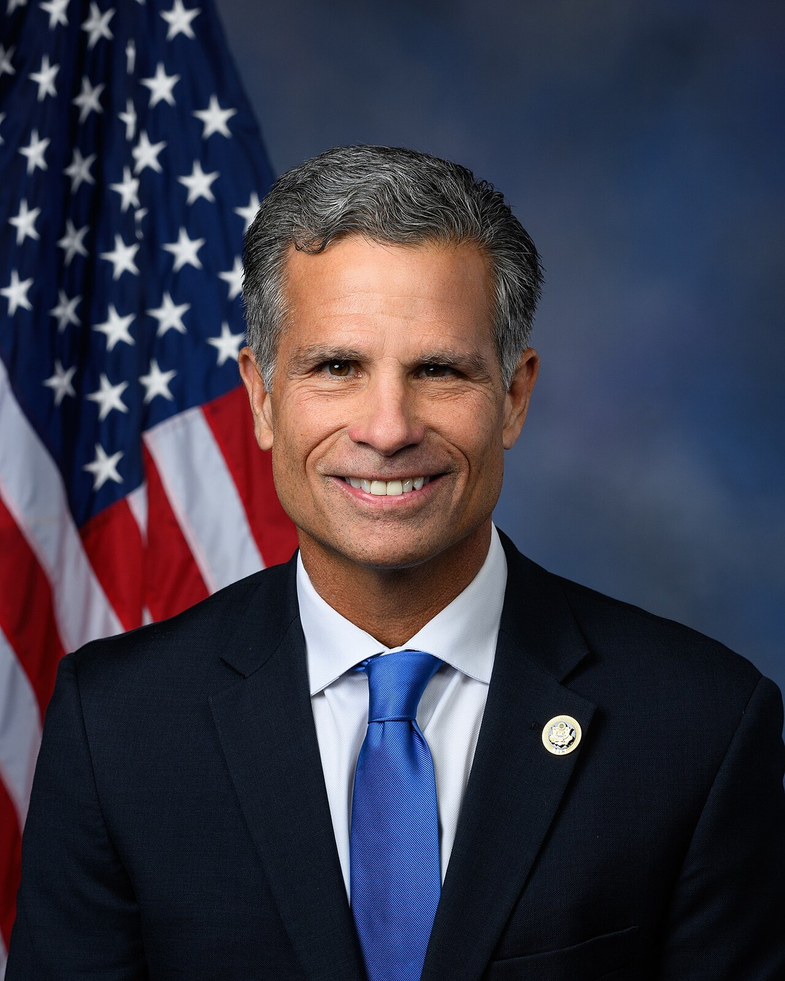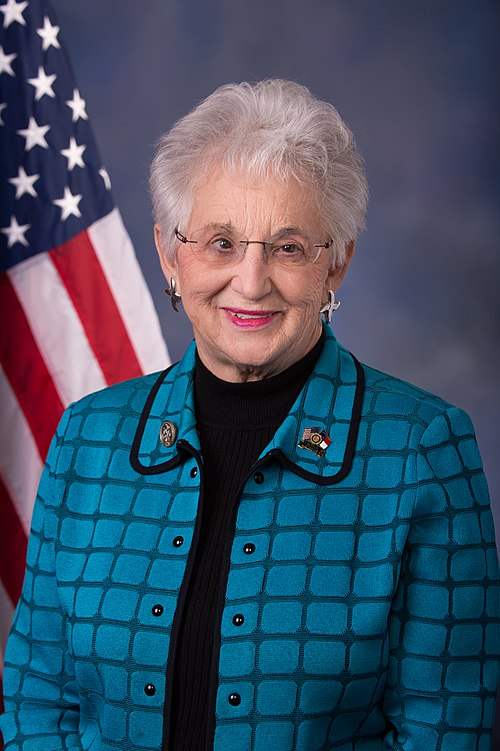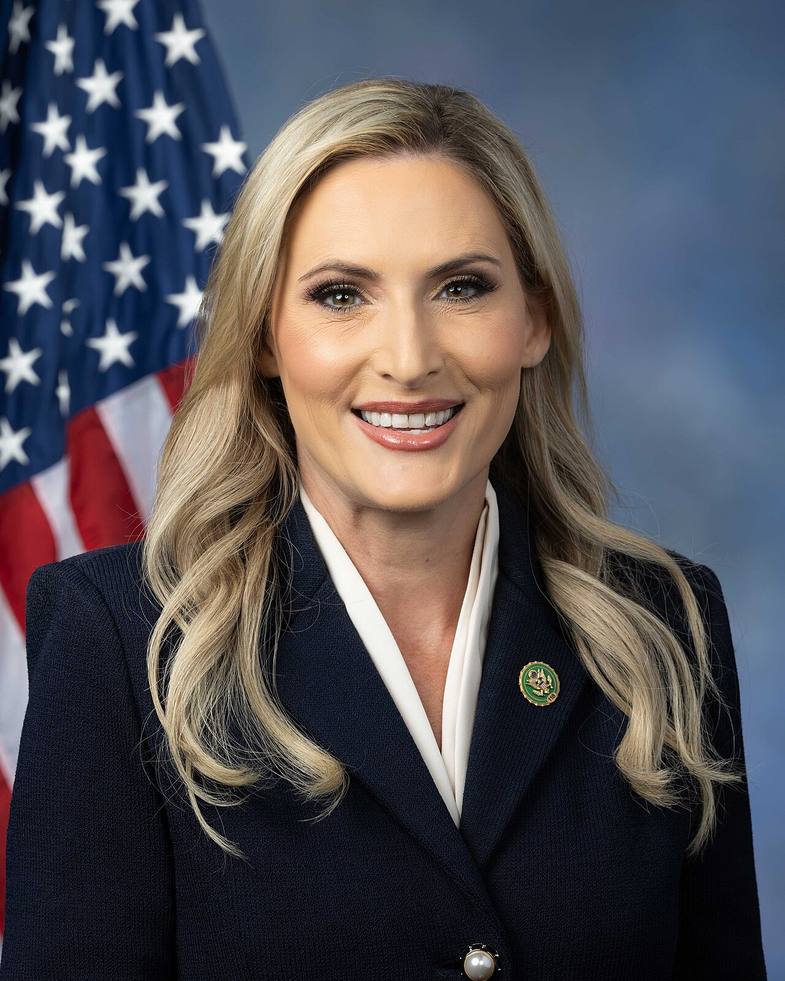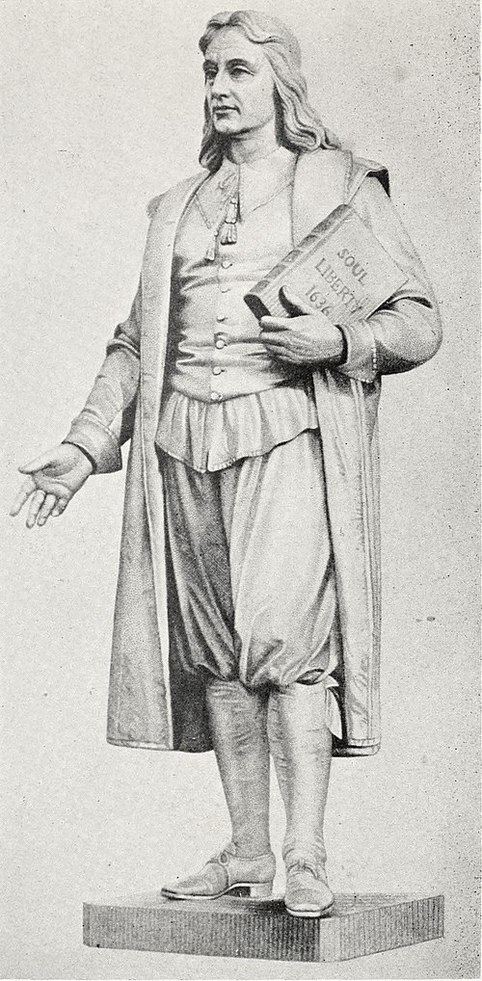S. 1095: Stop Significant and Time-wasting Abuse Limiting Legitimate Innovation of New Generics Act
The proposed bill, known as the **Stop Significant and Time-wasting Abuse Limiting Legitimate Innovation of New Generics Act** or the **Stop STALLING Act**, primarily aims to enable the Federal Trade Commission (FTC) to tackle instances where companies submit false petitions to delay the approval of competing generic drugs or biosimilars. This is intended to enhance competition in the pharmaceutical market and improve the timely access of new generic medications for consumers.
Key Provisions of the Bill
- Sham Petitions Definition: The bill defines a "sham" petition as one that is objectively baseless and is intended to misuse a governmental process to interfere with a competitor's business.
- Liability for Sham Petitions: Individuals or entities submitting these sham petitions can be held liable for engaging in unfair competition practices, subject to enforcement by the FTC.
- Civil Action: The FTC is granted the authority to initiate civil actions against those who file sham petitions, seeking penalties and appropriate relief in federal court.
- Presumption of Delay: If the Secretary of Health and Human Services determines that a petition was filed mainly to delay approval of a competing application, the FTC can presume that the petitions are sham. The burden of proof would then fall on the defendant to show otherwise.
- Civil Penalties: Those found liable for submitting sham petitions could face substantial financial penalties based on the revenue generated from the drugs involved during the petition’s review or a predefined daily penalty amount.
- Application: The provisions of this bill will apply to new petitions submitted after the enactment date.
Enforcement Mechanism
The enforcement mechanism allows the FTC to pursue legal action against companies that engage in these practices. Once the FTC identifies a sham petition, it can take the following steps:
- Commence a civil action in a U.S. district court.
- Seek civil penalties based on the revenue generated from the relevant drug products or a maximum daily fine during the period the petition is under review.
Impact on Competition
The main purpose of this legislation is to discourage pharmaceutical companies from obstructing competition through the use of sham petitions. In doing so, it aims to foster a more competitive environment, which may lead to lower drug prices and improved access to medications for consumers. By streamlining the approval process for legitimate generic drugs, the bill is designed to enhance innovation and efficiency in the healthcare sector.
Relevant Companies
- PFE - Pfizer Inc.: As a major pharmaceutical company, it may be impacted if its competitors could potentially file sham petitions against its products.
- AMGN - Amgen Inc.: It may face increased competition from generic biosimilars, and should those petitions arise as a means to delay approvals, it could be subject to scrutiny under this law.
This is an AI-generated summary of the bill text. There may be mistakes.
Sponsors
7 bill sponsors
Actions
5 actions
| Date | Action |
|---|---|
| Apr. 10, 2025 | Committee on the Judiciary. Reported by Senator Grassley without amendment. Without written report. |
| Apr. 10, 2025 | Placed on Senate Legislative Calendar under General Orders. Calendar No. 45. |
| Apr. 03, 2025 | Committee on the Judiciary. Ordered to be reported without amendment favorably. |
| Mar. 24, 2025 | Introduced in Senate |
| Mar. 24, 2025 | Read twice and referred to the Committee on the Judiciary. |
Corporate Lobbying
0 companies lobbying
None found.
* Note that there can be significant delays in lobbying disclosures, and our data may be incomplete.


